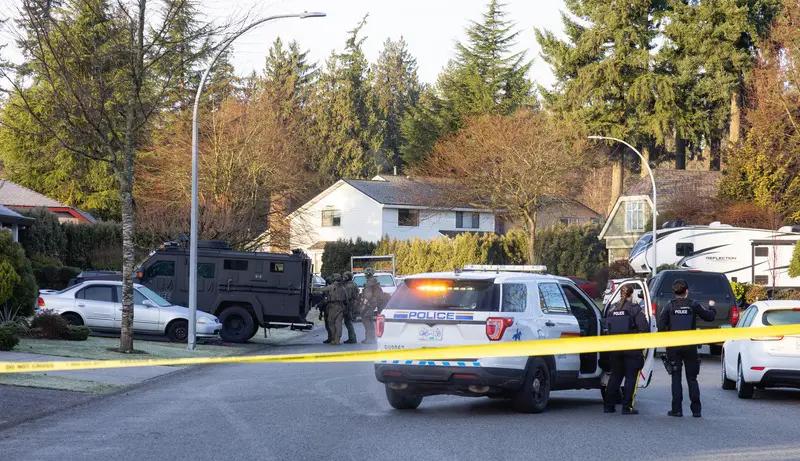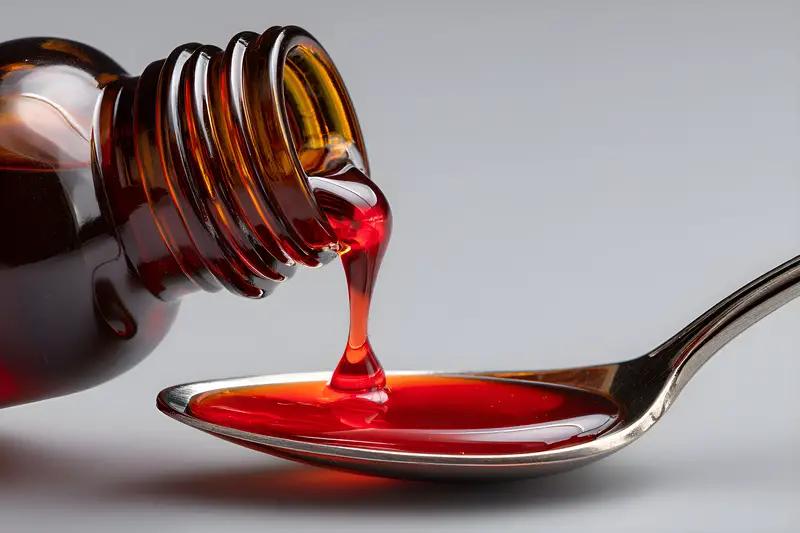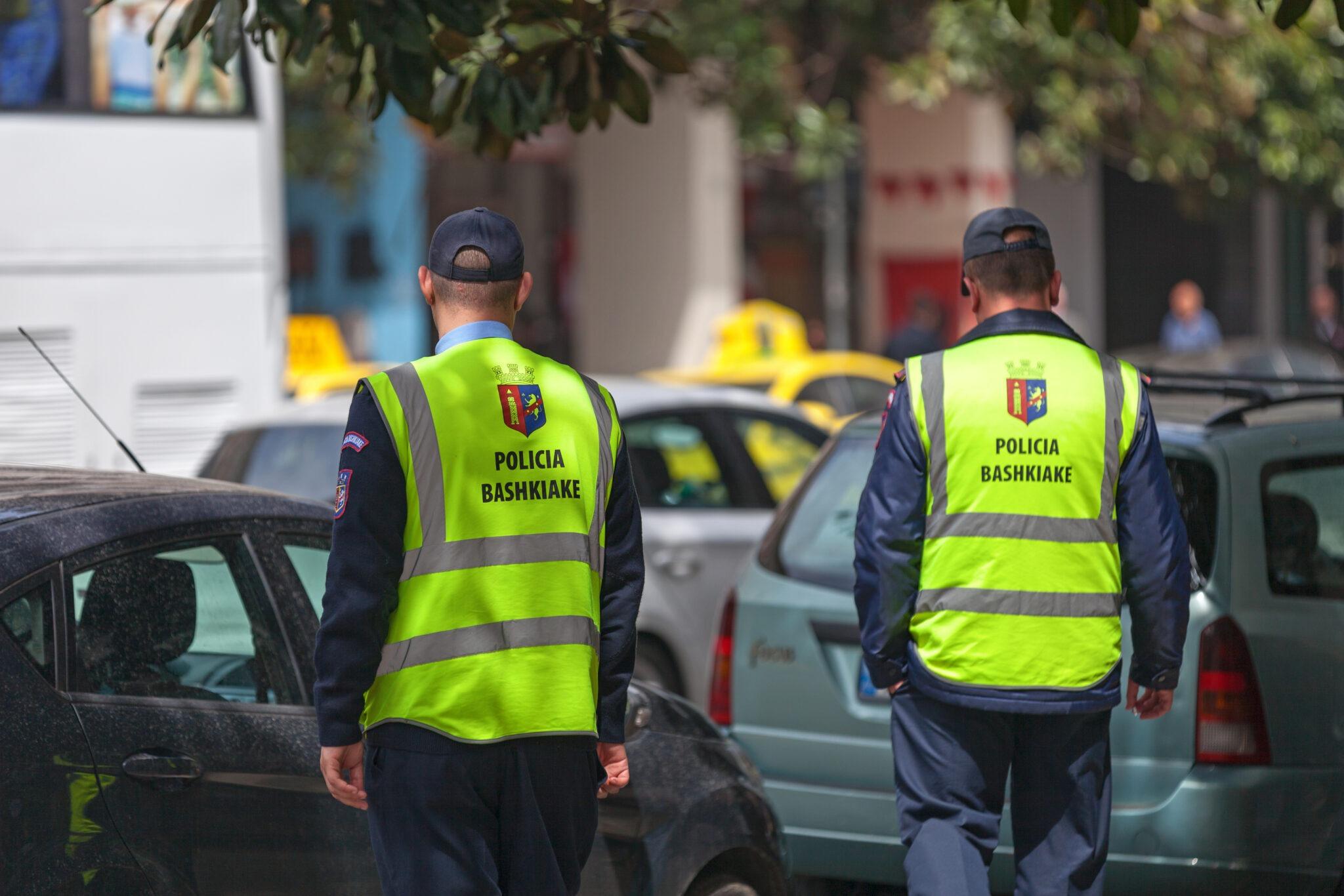Rick Davies, co-founder and longtime keyboardist of the British rock band Supertramp, died Saturday, September 6, at his home on Long Island at age 81, after battling multiple myeloma for more than a decade, the band announced.
Davies, who wrote and sang hits including “Bloody Well Right” and “Goodbye Stranger,” was the only member to appear on all 11 of the band’s studio albums. Supertramp confirmed his death in a statement posted to their website and social media accounts on Sunday.
The band described Davies as the voice and pianist behind their most iconic songs, noting his soulful vocals and unmistakable touch on the Wurlitzer became the heartbeat of their sound. Davies shared songwriting duties with partner Roger Hodgson throughout Supertramp’s most commercially successful period in the 1970s and early 1980s.
Born in Swindon, England, on July 22, 1944, Davies developed a passion for music in childhood after receiving a record player and becoming obsessed with Gene Krupa’s “Drummin’ Man” album. He initially played drums and piano while performing with various British bands throughout the 1960s, including Rick’s Blues, which featured future “Alone Again, Naturally” singer Gilbert O’Sullivan on drums.
In 1969, Davies placed an advertisement in Melody Maker magazine promising a “genuine opportunity for good musicians.” Roger Hodgson, a tenor vocalist and guitarist, was among those who responded. The pair formed Supertramp, taking their name from Welsh writer W.H. Davies’ 1908 book “The Autobiography of a Super-Tramp.”
The band’s first two albums had modest commercial impact, with their sophomore release “Indelibly Stamped” gaining more attention for its controversial topless cover than its music. Davies and Hodgson briefly considered disbanding after these initial efforts but were encouraged by the lineup that formed around them by 1973, including American drummer Bob Siebenberg, bassist Dougie Thomson, and saxophonist John Helliwell.
Supertramp’s breakthrough came with 1974’s “Crime of the Century,” featuring Davies’ compositions including the title track and “Bloody Well Right,” which became a top-40 single in the United States. The album marked the beginning of their contrasting creative dynamic, with Davies coming from a working-class background while Hodgson attended private school and wrote songs reflecting spiritual themes.
The band reached its commercial peak with 1979’s “Breakfast in America,” which sold more than 20 million copies worldwide and spawned multiple hit singles. While Hodgson wrote and sang most of the album’s popular tracks, Davies contributed “Goodbye Stranger,” writing and singing the verses of what became another major hit.
Despite their success, tensions between the songwriting partners grew during the extensive touring required to support their albums. Davies expressed frustration in a 1979 interview, indicating he could only complete five songs on “Breakfast in America” over three years due to constant touring demands affecting his ability to think clearly.
Following 1982’s “Famous Last Words,” which failed to match their previous success, Hodgson departed the band in 1983 amid creative differences and disputes over songwriting royalties. Davies continued leading Supertramp through the 1980s, releasing two more albums before the group disbanded in 1988.
Davies revived Supertramp in 1996 without Hodgson, with the band continuing to perform until their final concert in Madrid in 2012. Legal disputes over song royalties persisted between former bandmates, with a court ruling involving Hodgson and other members occurring as recently as last month.
In 2015, Davies received his multiple myeloma diagnosis, forcing the cancellation of planned European tour dates. The Mayo Clinic defines multiple myeloma as a cancer affecting plasma cells, which are white blood cells that help fight infections by producing antibodies.
After his health prevented continued touring with Supertramp, Davies enjoyed performing locally with a group called Ricky and the Rockets. He is survived by his wife Sue, with whom he shared more than five decades of marriage.
The band’s tribute emphasized Davies’ warmth, resilience, and devotion to his family beyond his musical achievements. They concluded their statement by noting that “great songs never die, they live on.”







